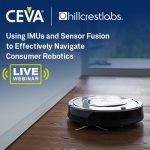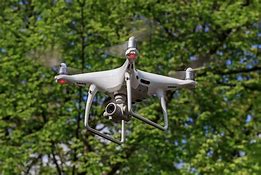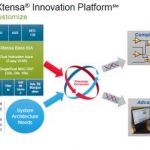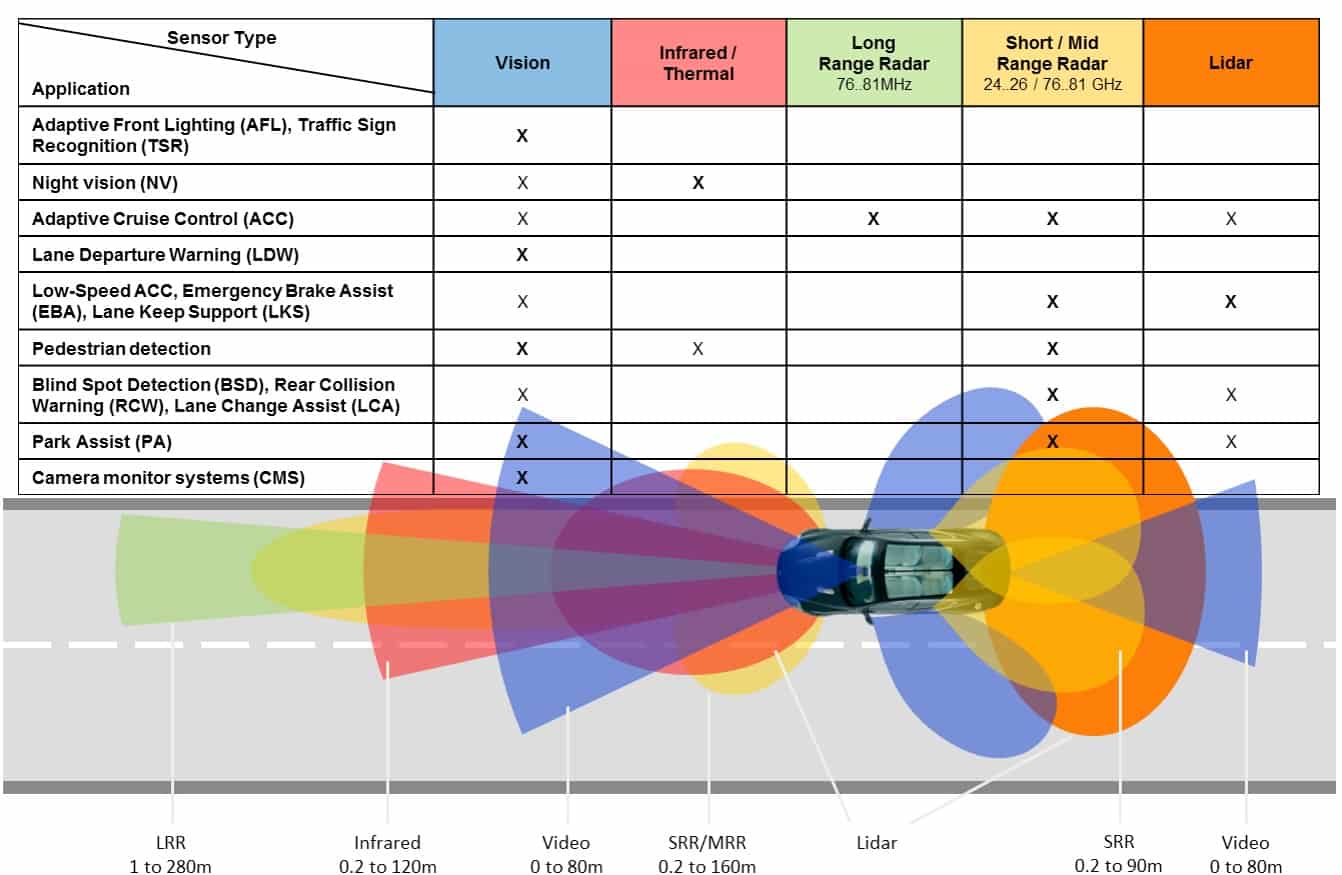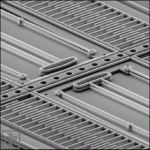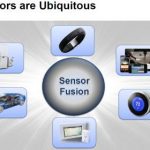You are currently viewing SemiWiki as a guest which gives you limited access to the site. To view blog comments and experience other SemiWiki features you must be a registered member. Registration is fast, simple, and absolutely free so please,
join our community today!
There is a live CEVA webinar coming up that you will NOT want to miss. We have been working with CEVA since 2012 and have posted 130 collaborative blogs. Those blogs have earned 927,901 views thus far and counting. The average blog on SemiWiki.com gets 5,885 views so they are ahead of the game.
One of the reasons CEVA is so popular on SemiWiki
…
Read More
At first glance, this seems like a ho-hum topic- just use whatever Arm or RISC-V solution you need – but think again. We’re now expecting to push an awful lot of functionality into these edge devices. Our imaginations don’t care about power, performance and cost; everything should be possible so let’s keep adding cool features.… Read More
Supporting NB-IoT requires low cost (optimized silicon footprint) and ultra-low power solution to cope with IoT device requirement. Cadence Fusion F1 DSP IP has been integrated in modem IC by two new customers, Xinyi and Rafael, gaining traction in NB-IoT market. These design-win builds on previous momentum: software GPS solution… Read More
The automotive industry has a history of bringing about disruptive technological advances. One only needs to look at the invention of the assembly line by Henry Ford to understand the origins of this phenomenon. Today we stand on the brink of a massive change in how cars operate and consequently how they are built. A number of automotive… Read More
The Semiconductor IP market has always been a big draw for SemiWiki readership and I expect that to continue. One of the more interesting companies we have covered over the past 6+ years is CEVA, who is now on Fortune’s 2017 100 Fastest-Growing Companies List. In fact, CEVA is the ONLY semiconductor IP company on the list and they join… Read More
IoT products call for a higher level of system integration than ever before. Companies seeking to go to market now have a much higher bar in terms of size, power, reliability and manufacturability. The first IoT devices evolved from embedded development boards, like the groundbreaking Arduino. These were fine for prototypes … Read More
We said this in the past, but let’s reiterate that IoT devices will be successful if they can meet low-cost and low-power requirements. Low-cost is the condition for IoT devices market penetration, I mean such a market adoption that we count several IoT systems (and dozens of devices) in every house. That’s the only way to reach the… Read More
Applications for IoT sensors are becoming more sophisticated, especially for industrial usage. Building optimal sensors for different applications requires multi-domain design, optimization and verification flows. The sensor devices are usually MEMS, and as such have electrical properties that need to be tailored to … Read More
In fact the question could be about your watch, thermostat or other smart appliance, as soon as the “thing” relies on one or more sensors to function. In this case, we are close to call this thing an IoT (or SmarCoT), we just need to add WiFi, BTLE, ZigBee connectivity. Sensors are ubiquitous, integrated into smartphone, automotive,… Read More
To understand how challenging it is to successfully implement Always-on Technology, consider doing any kind of sport while holding your breath. Sounds crazy? There’s actually one sport in which participants do just that – freediving. So what does freediving have to do with always-on technology? Quite a few things apparently.… Read More


